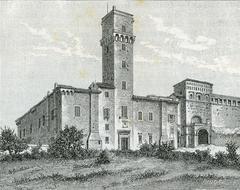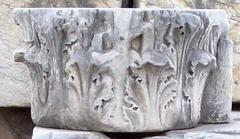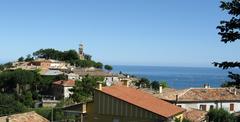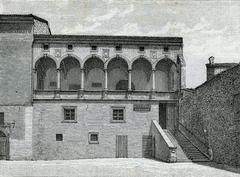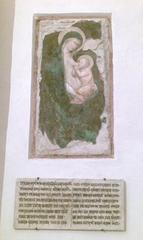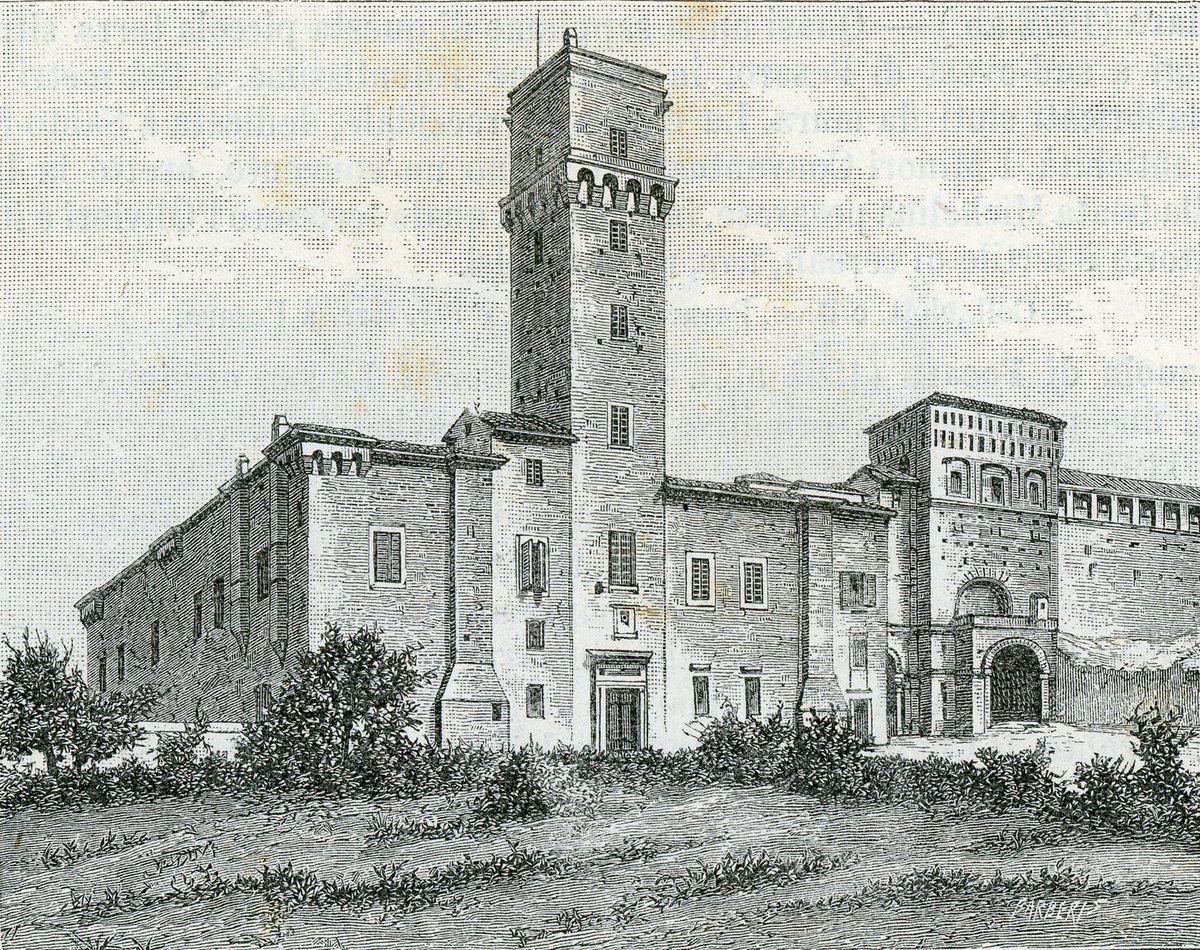
Visiting Villa Imperiale in Pesaro: Hours, Tickets, and Travel Tips
Date: 22/07/2024
Introduction
Nestled in the hills overlooking Pesaro, Italy, Villa Imperiale is a quintessential example of Renaissance architecture and artistry. Commissioned in 1469 by Alessandro Sforza, the Duke of Pesaro, and expanded in 1521 by Francesco Maria I della Rovere, this villa stands as a testament to the opulence and cultural prowess of its era. The Villa Imperiale not only served as a luxurious summer residence and hunting lodge but also as a hub for artistic and intellectual endeavors during the Renaissance period. This comprehensive guide will navigate through the villa’s rich history, architectural marvels, artistic contributions, and practical visitor information, making it an invaluable resource for anyone planning to explore this historical gem. Whether you’re an art aficionado, history buff, or casual traveler, the Villa Imperiale offers a captivating journey into Italy’s illustrious past. For more detailed information on visiting hours and ticket prices, you can refer to the official website.
Table of Contents
- Introduction
- Origins and Early Construction
- Renaissance Expansion
- Artistic Contributions
- Historical Significance
- Architectural Features
- Preservation and Restoration
- Modern-Day Significance
- Visiting the Villa Imperiale
- Conclusion
- Sources
Origins and Early Construction
The Villa Imperiale, located in Pesaro, Italy, is a remarkable example of Renaissance architecture and art. Its origins date back to the early 16th century when it was commissioned by Alessandro Sforza, the Duke of Pesaro, in 1469. The villa was initially intended as a summer residence and hunting lodge, reflecting the opulence and grandeur of the Sforza family. The construction of the villa was a significant undertaking, involving some of the most renowned architects and artists of the time.
Renaissance Expansion
In 1521, the villa underwent significant expansion under the direction of Francesco Maria I della Rovere, Duke of Urbino. This period marked the transformation of the villa into a true Renaissance masterpiece. The expansion was overseen by the architect Girolamo Genga, who was responsible for the design of the new wing and the creation of the stunning frescoes that adorn the interior. Genga’s work on the villa is considered one of the finest examples of Renaissance architecture and decoration in Italy.
Artistic Contributions
The Villa Imperiale is renowned for its exquisite frescoes, which were created by some of the most prominent artists of the Renaissance. The frescoes depict a variety of themes, including mythological scenes, landscapes, and allegorical figures. One of the most notable artists who contributed to the decoration of the villa was Raffaellino del Colle, a pupil of Raphael. His work in the villa includes the stunning frescoes in the Sala delle Cariatidi, which depict scenes from classical mythology.
Historical Significance
The Villa Imperiale holds a significant place in the history of the Italian Renaissance. It was not only a residence for the nobility but also a center of cultural and artistic activity. The villa hosted numerous important figures of the time, including artists, writers, and scholars. It served as a symbol of the power and influence of the Sforza and della Rovere families and played a crucial role in the cultural development of the region.
Architectural Features
The architecture of the Villa Imperiale is a testament to the skill and creativity of its designers. The villa is characterized by its harmonious proportions, elegant lines, and intricate details. The exterior features a series of loggias and terraces that offer stunning views of the surrounding landscape. The interior is equally impressive, with its grand halls, ornate ceilings, and beautifully decorated rooms.
Preservation and Restoration
Over the centuries, the Villa Imperiale has undergone several phases of restoration to preserve its historical and artistic heritage. In the 19th century, the villa was acquired by the Albani family, who undertook extensive restoration work to restore the villa to its former glory. More recently, the villa has been the subject of ongoing conservation efforts to ensure that its architectural and artistic treasures are preserved for future generations.
Modern-Day Significance
Today, the Villa Imperiale is recognized as one of the most important cultural and historical landmarks in Italy. It is a popular destination for tourists and scholars alike, who come to admire its architectural beauty and artistic masterpieces. The villa is also used for cultural events and exhibitions, further cementing its status as a center of cultural and artistic activity.
Visiting the Villa Imperiale
Visiting Hours and Tickets
The Villa Imperiale is open to the public during specific times of the year. Visitors are encouraged to check the official website for the most up-to-date visiting hours and ticket prices. Guided tours are available and provide visitors with an in-depth understanding of the villa’s history and significance.
Travel Tips and Nearby Attractions
When planning your visit, consider exploring other nearby historical sites in Pesaro. The city offers a rich array of cultural and historical attractions, making it an ideal destination for history enthusiasts.
- Rocca Costanza: A well-preserved fortress dating back to the 15th century, offering panoramic views of the city and the Adriatic Sea.
- Pesaro Cathedral: Known for its beautiful mosaics and historical significance, the cathedral is a must-visit for history enthusiasts.
- Museo Nazionale Rossini: Dedicated to the famous composer Gioachino Rossini, this museum offers a fascinating glimpse into his life and works.
Special Events and Photography Spots
The villa hosts various cultural events and exhibitions throughout the year. Additionally, its picturesque gardens and stunning architecture offer excellent opportunities for photography.
FAQ
What are the Villa Imperiale’s opening hours?
The opening hours vary by season. Please check the official website for the most current information.
How much are tickets to the Villa Imperiale?
Ticket prices can be found on the official website. Discounts may be available for groups, students, and seniors.
Are guided tours available?
Yes, guided tours are available and highly recommended to fully appreciate the villa’s historical and artistic significance.
Is the Villa Imperiale accessible for visitors with disabilities?
Efforts have been made to accommodate visitors with disabilities. For specific accessibility information, please refer to the official website or contact the villa directly.
Conclusion
The Villa Imperiale in Pesaro is a true gem of the Italian Renaissance, offering a fascinating insight into the history, art, and culture of the period. Its rich history, stunning architecture, and exquisite frescoes make it a must-visit destination for anyone interested in the Renaissance and its enduring legacy. For more information and updates, consider following the Villa Imperiale on social media and checking out the official website.
